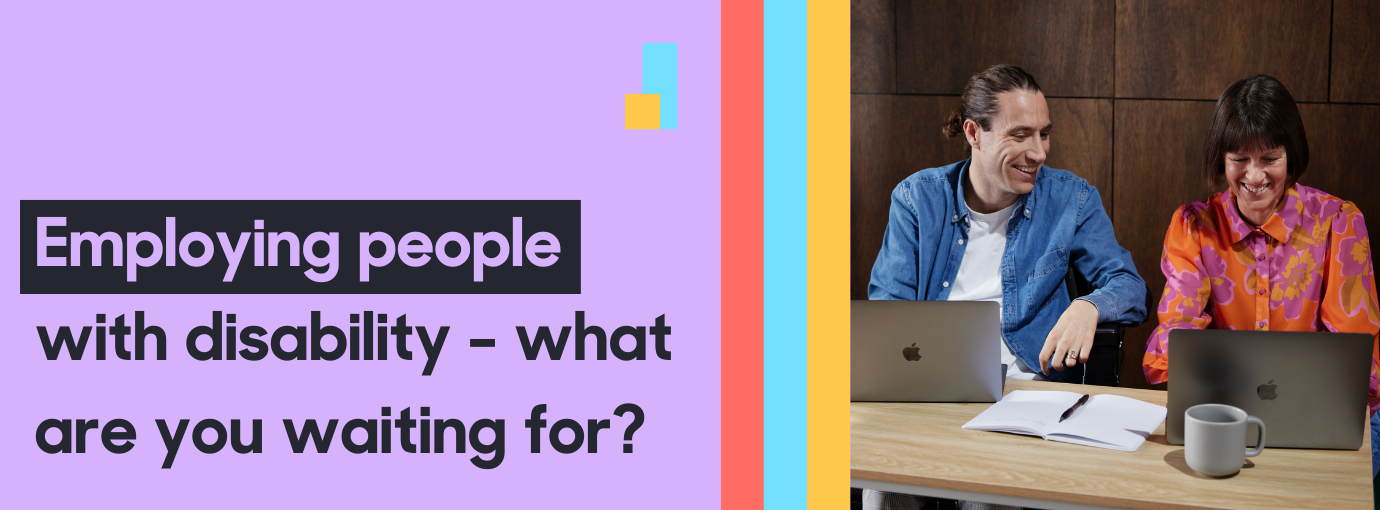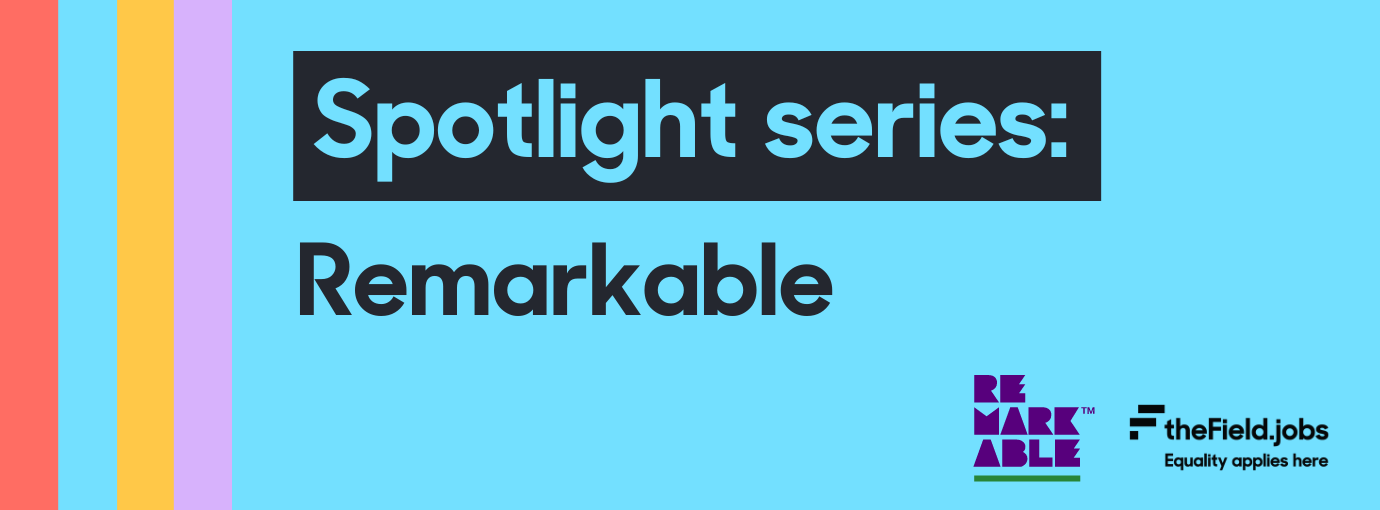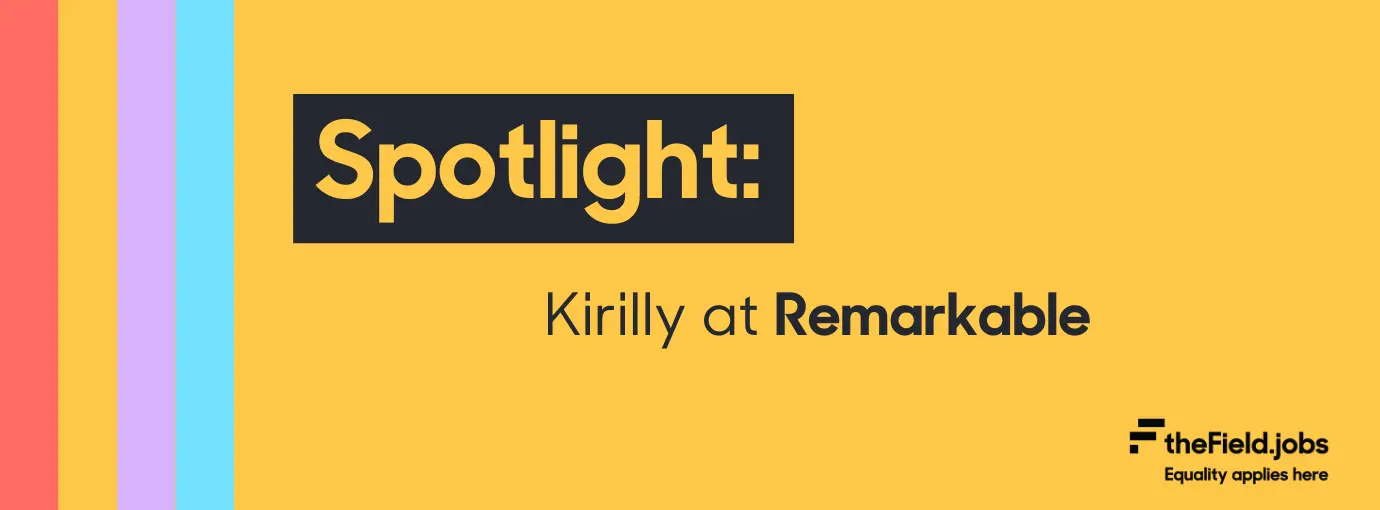Did you know that people change jobs roughly every 3 years? When changing roles, 30% of people said that “wanting a career change” was their reason for leaving their current job. So, if you’re thinking of changing to a new industry, you’re not alone!
When changing to a new industry, it’s important to update your resume to ensure that it’s relevant. To help, the Field has put together four tips for excelling at resumes when changing to a new industry.
Consider the format of your resume
The Field has previously talked about customising your resume to fit the industry and job description and this is just as important when changing to a new industry.
Particular industries may have a preferred language style. For example, formal language may be preferred for a corporate job or more of an educational/academic style for a research job. For layouts, different industries may also have different preferences. Creative industries may prefer more visual and unconventional layouts, while more traditional industries may prefer a more structured and professional layout.
When formatting your resume, don’t forget to include keywords from the industry as well. Then if the hiring manager is using artificial intelligence (AI) to filter through resumes, yours will potentially get flagged as someone who could proceed to the next interview step.
If you’re not sure about what format you should submit your resume, it’s always a safe option to keep it clean and professional. However, you can also ask someone in the industry what type of resume they use or read the job description to see if there is something in particular that you should be including.
Include a personal statement
If you are changing to a new industry or shifting career paths and you don’t have any previous experience, that’s ok. What you can do is include a personal statement at the start of the resume.
Personal statements in resumes are usually a one or two sentence summary about your resume. However, in this case, you may wish to mention why you’re switching industries. For example, you may be looking for a new challenge or you’ve recently learnt a new skill that you discovered you liked and now you would like to make a career of it.
Another point you may wish to include is why you’re a good fit in the industry and/or why you like this industry. This gives you the opportunity to show the hiring manager that even though you’re switching industries, you have done your research.
Think about what skills can apply to the new industry
You may be changing to a new industry and even if you don’t have industry experience, you will have skills from other jobs or life experiences that you can apply to this job.
Known as transferable skills, these are not industry specific skills. They’re often skills that can’t be taught and that can apply to a variety of different jobs such as time management skills and problem solving skills.
One way to decide which transferable skills you should be including in your resume is by reading the job description, the required and desired skills as well as the tasks involved in the role. Does that job require you to handle multiple tasks at once? Mention that you have great project management skills. Does the job require you to talk to customers or external stakeholders? Mention how you demonstrated good communication.
If certain industry skills are required, you can always upskill. Depending on the timing and how quickly you’re changing to the new industry, you can mention that you are currently undertaking training in this particular skill or if you have time, complete it before you apply.
Pick what’s relevant to a new career path
Whether you’re 15 or 55 years old, it’s never too late to choose a new career path! However, if you are changing later in life, you may have a lot of experience that can’t fit on a one or two page resume. Therefore, it’s important to pick experiences that are relevant to the new career path.
To pick what’s relevant, look at the tasks and skills required for the job. Then look at the experience you have and which of these experiences demonstrates that you have previous knowledge or skills that can be useful for this job. This is particularly important if you’re changing industries, but staying in the same role. For example, a marketing manager for a dessert company to a marketing manager for a psychology company.
If you have personal experience in the industry, for example, you’ve volunteered for a local football club and now you’re applying for a sporting role, it may be useful to include this as well. Remember that past experiences don’t just have to be jobs, they can be personal projects or passions.
Ready to change to a new industry and create that resume? See who is currently hiring on the Field!




